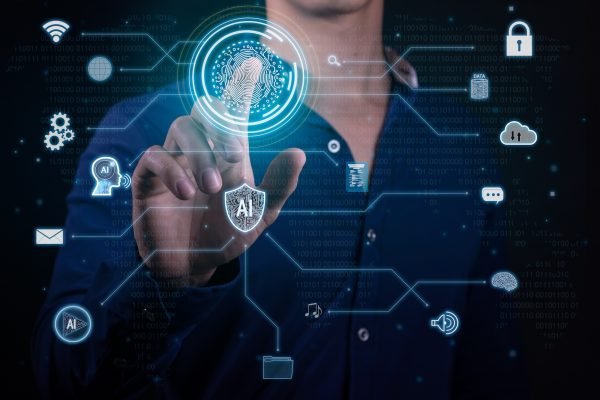
Introduction
As we venture deeper into the 21st century, Artificial Intelligence (AI) continues to evolve, transforming every facet of our lives. By 2030, AI is no longer a futuristic concept but an integral part of our daily existence. From healthcare to education, transportation to entertainment, AI has reshaped the world in profound ways, bringing about unprecedented changes that were once the stuff of science fiction.
Healthcare Revolution
In 2030, AI has revolutionized healthcare, making it more personalized, efficient, and accessible. Advanced AI algorithms analyze vast amounts of medical data to provide accurate diagnoses and treatment plans. Virtual health assistants monitor patients’ health in real-time, predicting potential issues before they become critical. AI-driven drug discovery has significantly shortened the time needed to develop new medications, providing timely solutions for previously incurable diseases.
Robotic surgeries, guided by AI, ensure precision and reduce recovery times. Telemedicine, powered by AI, has bridged the gap between patients and healthcare providers, especially in remote areas. This has led to improved health outcomes and reduced healthcare costs, making quality healthcare a reality for millions around the globe.
Education and Learning
AI has transformed education, making it more personalized and inclusive. Intelligent tutoring systems provide customized learning experiences, adapting to each student’s pace and style. AI-powered platforms offer real-time feedback, helping students to understand and overcome their weaknesses.
Virtual classrooms and AI-driven learning tools have democratized education, providing access to quality education regardless of geographical location. Lifelong learning has become the norm, with AI facilitating continuous skill development to meet the ever-evolving demands of the job market.
Smart Cities and Transportation
By 2030, AI has played a crucial role in the development of smart cities, enhancing the quality of urban life. AI-powered systems manage traffic flow, reducing congestion and pollution. Autonomous vehicles, once a novelty, are now a common sight, offering safe, efficient, and eco-friendly transportation solutions.
Smart infrastructure, equipped with AI sensors, monitors and maintains itself, ensuring safety and sustainability. AI-driven energy management systems optimize the use of renewable resources, contributing to a greener planet. Public services have become more efficient, with AI streamlining processes and reducing bureaucratic inefficiencies.
Transforming Industries
AI has disrupted traditional industries, driving innovation and efficiency. In manufacturing, AI-powered robots and automated systems have increased productivity and precision. Predictive maintenance, guided by AI, minimizes downtime and extends the lifespan of machinery.
In finance, AI algorithms provide real-time insights and risk assessments, enabling better decision-making and fraud detection. AI-driven customer service bots enhance customer experience by providing instant and accurate responses. The creative industries have also embraced AI, with AI-generated art, music, and literature pushing the boundaries of human creativity.
Ethical Considerations and Challenges
While AI has brought about significant advancements, it has also raised ethical and societal challenges. Concerns about privacy, data security, and job displacement continue to be at the forefront of discussions. Ensuring that AI is developed and deployed responsibly is crucial to mitigate potential risks and ensure it benefits all of humanity.